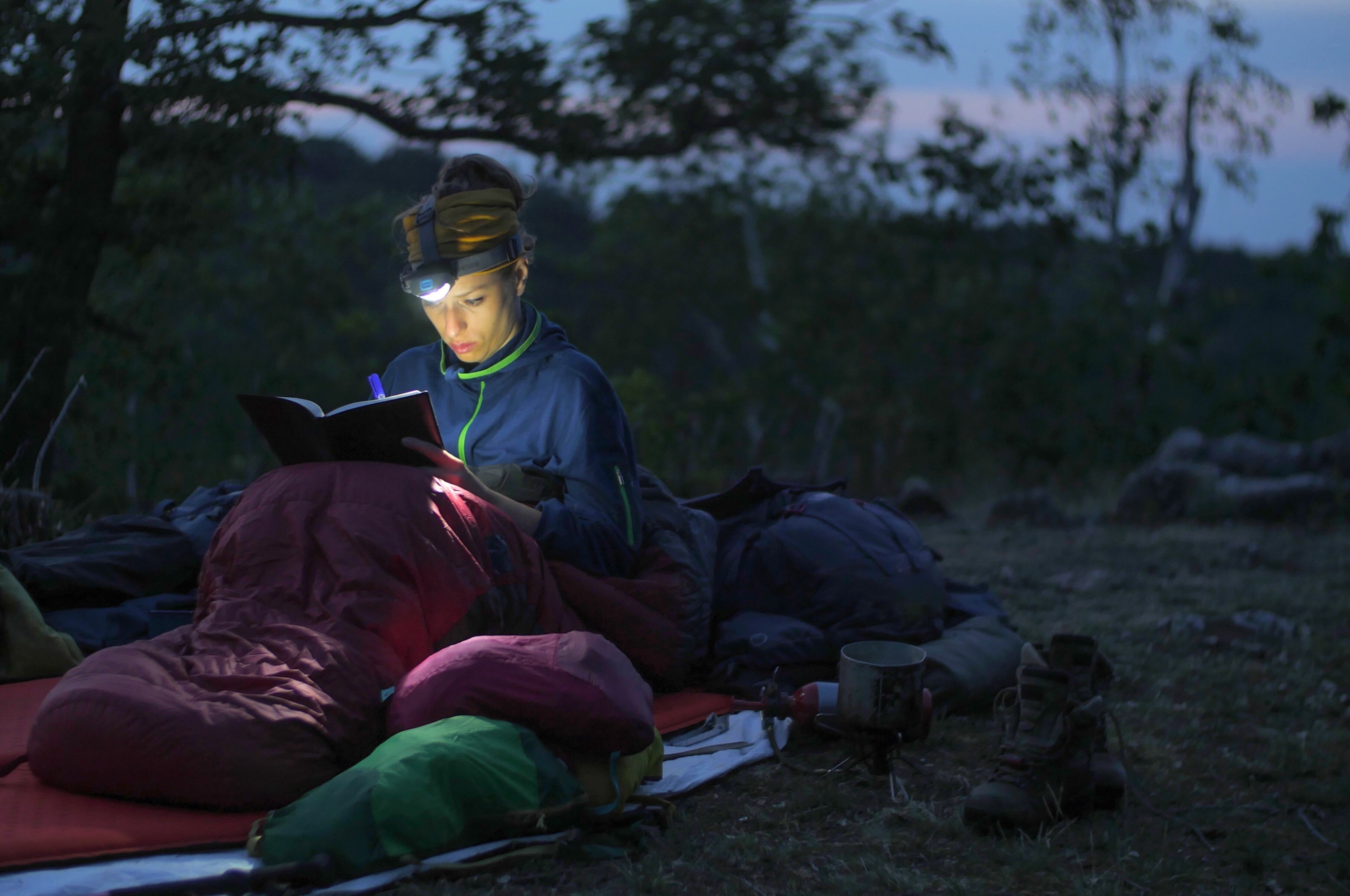How to plan a successful group camping trip in the UK?

Camping is an adventurous activity that allows you to connect with nature. It is a way to unwind from the hustle and bustle of everyday life and indulge in the tranquillity that the wilderness provides. However, planning a group camping trip can be a daunting task, especially if you are not accustomed to the wild. This article will provide you with a comprehensive guide on how to plan a successful group camping trip in the UK.
Choose the Perfect Campsite
Choosing the right campsite is the first step towards planning a successful group camping trip. With numerous campsites located across the UK, each offering unique experiences, it can be challenging to pick the best one.
A découvrir également : How can you effectively manage water resources when camping in the Scottish Lowlands?
When choosing a campsite, consider the size of your group and the type of experience you want. If you are a big group and want a serene, secluded experience, you may opt for a campsite in the wild. However, make sure it has the necessary facilities like a water source and space for pitching tents. If you are a family with kids, consider a campsite with amenities like play areas and washrooms.
Look for reviews online to get a feel of the campsite's ambiance and the experiences of previous campers. Campsites like the "Three Cliffs Bay" in Swansea or the "Fisherground Campsite" in the Lake District are renowned for their breathtaking views and family-friendly atmosphere.
A lire en complément : What gear is recommended for a comfortable autumn camping trip in the UK?
Acquire the Right Camping Gear
Having the right camping gear is essential for a stress-free and enjoyable trip. The type of gear you need will depend on the time of year you plan the trip and the campsite's terrain.
A tent is the most crucial piece of gear. Ensure it is spacious enough to accommodate your group comfortably and can withstand the UK's unpredictable weather conditions. Sleeping bags and sleeping pads are equally important to ensure a comfortable night's sleep.
For cooking, pack a portable stove, cooking utensils, and enough food and water for the duration of your trip. Remember to pack a cooler to keep your perishables fresh. Don't forget essential items like a first aid kit, flashlights, spare batteries, and a multi-tool kit.
Plan Fun Activities
Activities are what make camping trips memorable. Plan a series of fun and engaging activities that will keep everybody entertained and involved.
Daytime can be filled with hikes, exploring the area, bird watching, and photography. For the night, consider storytelling around the campfire, stargazing, or playing group games. If the campsite allows, you could also plan a barbecue night.
Follow Campsite Rules and Etiquette
To ensure a smooth and enjoyable camping experience, adhering to campsite rules and etiquette is vital. Most campsites in the UK have specific rules regarding noise levels, waste disposal, and campfire regulations. Be sure to familiarize yourself with these rules and communicate them to your group.
Maintaining good camping etiquette will also ensure that you leave the campsite as pristine as you found it. Remember the unwritten rule of camping – "leave no trace". This involves cleaning up after yourself, not disturbing wildlife and being considerate to other campers.
Pack For All Weather Conditions
The UK is known for its unpredictable weather. One minute it could be sunny and the next, you could be facing a torrential downpour. Therefore, it's essential to pack clothes for all weather conditions.
Pack lightweight and breathable clothes for the day and warmer layers for the cooler evenings. Waterproof jackets and trousers are a must, as well as sturdy shoes for hiking. Don't forget to pack hats, gloves, and scarves if you're camping in the colder months.
Remember, a well-planned camping trip will allow you to make the most out of your time outdoors. So, take the time to plan meticulously, and you will surely have a successful group camping trip in the UK.
Essential Tips for Wild Camping
Wild camping, while adventurous, can be a challenge, especially if you are new to it. However, with the right approach, wild camping can turn into an unforgettable experience. Listed below are some essential tips to help you plan your wild camping trip in the UK.
Location selection is paramount when planning for wild camping. You should find a spot that offers the experience you seek, be it the tranquillity of a secluded area or the breathtaking view of a national park. Be sure to research local rules and regulations concerning wild camping, as some areas might require you to obtain permissions.
Remember, the choice of your bivvy bag should correspond with the conditions of your camping site. Ensure it is durable, waterproof, and can withstand the wild UK weather.
Ensure you have a route plan and share it with someone outside your camping group. This plan should include your expected departure and return dates, camping location, and emergency contact information. This can be a crucial safety measure, especially when camping in the wild.
When wild camping, remember to leave no trace. This means you should take all your rubbish with you, avoid making unnecessary noise, and respect other campers and wildlife. It's essential to understand that preserving the great outdoors is a collective responsibility.
Safety Precautions For A Group Camping Trip
A group camping trip can be full of fun and adventure but ensuring the safety of everyone is imperative. Here are some safety tips you should consider:
Before embarking on your camping trip, ensure all group members are aware of basic first aid procedures. Carry a well-stocked first aid kit, which should include bandages, antiseptics, pain relievers, and any personal medication.
While on a road trip, make sure you have a road map and know the route to your campsite. In case you lose your way, a map can guide you back on track. Also, ensure your vehicle is in perfect condition before hitting the road.
Check weather forecasts regularly and plan your activities accordingly. In the event of severe weather conditions, be prepared to change your plans or even abort the trip if necessary.
Last but not least, ensure everyone has a whistle. This can be used to alert others in case of an emergency, especially when camping in a large area or a national park.
Conclusion
A successful group camping trip is all about meticulous planning and preparation. From selecting the perfect campsite, acquiring the right camping gear, planning fun activities, adhering to campsite rules and etiquette, to packing for all weather conditions - each step contributes significantly to the success of your camping trip.
Remember the essence of a camping trip is to enjoy the great outdoors and spend quality time with your group. Whether you decide to pitch your tent in the scenic Lake District, or wild camp in a secluded area, be sure to leave no trace and respect the sanctity of nature.
To conclude, planning a group camping trip in the UK might seem daunting at first, but with these comprehensive camping tips, your adventure in the great outdoors will surely be one to remember!
